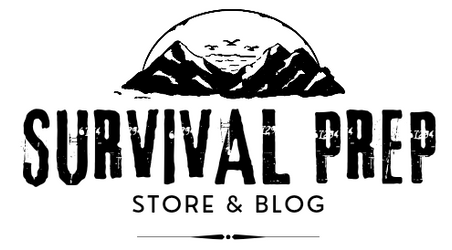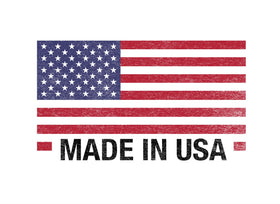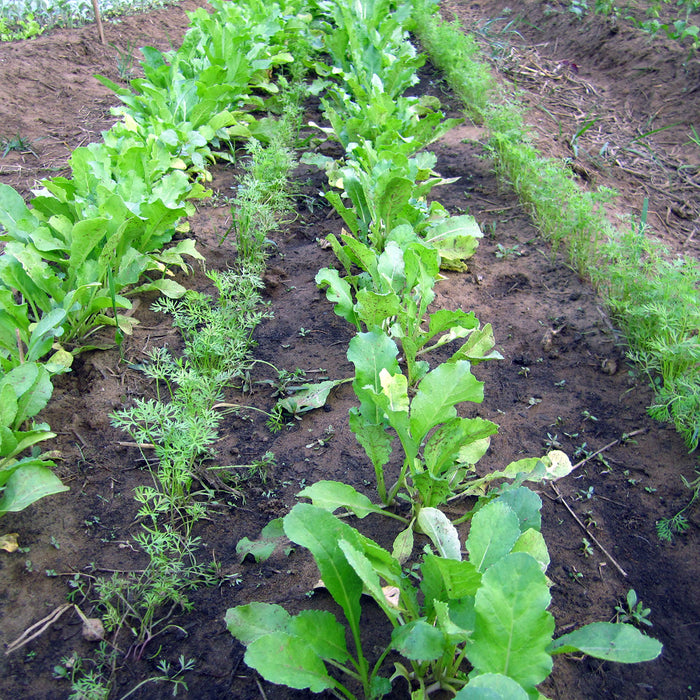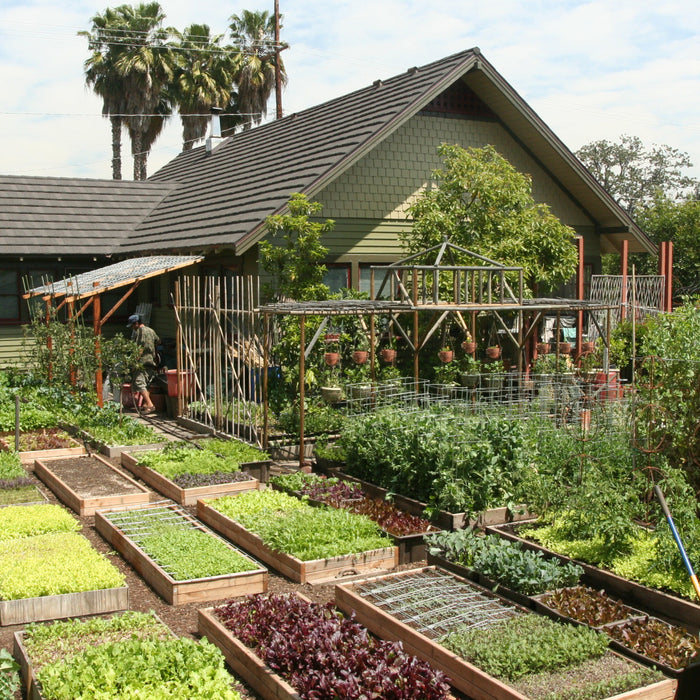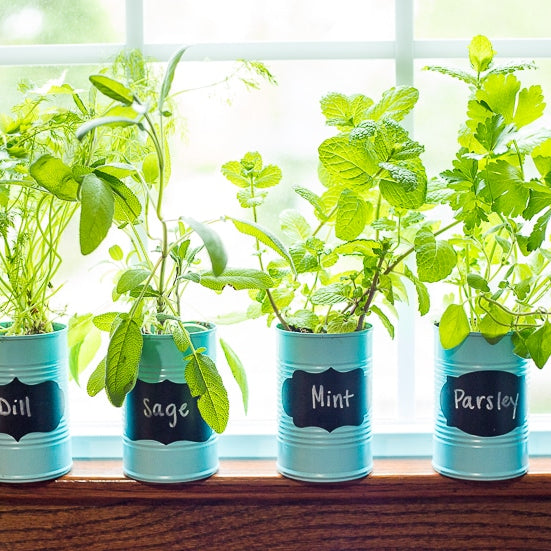
Inexpensive Protein Sources for the Potential Coming Food Shortages
“I have from an early age abjured the use of meat, and the time will come when men such as I will look upon the murder of animals as they now look upon the murder of men.” - Leonardo DaVinci
Anyone who has become a vegetarian or vegan has inevitably been asked the question: "But what do you eat?!" It's hard to believe that with today's easy access to information, that so many people are unaware that you don't need meat in the human diet, and in fact, those who adopt a non-meat diet are often healthier.
Vegetarians do not eat meat, fish, or poultry, but do eat animal products such as eggs and dairy products. Vegans do not eat any animal products at all.
Our skin, muscles, tendons, cartilage, hair, and nails are made of protein. Protein is comprised of amino acids. When the body digests the proteins in food, it breaks them down into amino acids.
The body needs 22 amino acids to maintain health and functioning. We need to obtain nine of these amino acids, called essential amino acids, through food; the body can make the remaining amino acids. There are three groups of Amino Acids:
ESSENTIAL Amino Acids
The following 9 amino acids are essential for human life and health but cannot be produced in your body so you need to get them from foods.
1. Histidine (His)
2. Isoleucine (Ile)
3. Leucine (Leu)
4. Lysine (Lys)
5. Methionine (Met)
6. Phenylalanine (Phe)
7. Threonine (Thr)
8. Tryptophan (Trp)
9. Valine (Val)
CONDITIONALLY ESSENTIAL Amino Acids
The amino acids below can be synthesized in your body, but under certain circumstances, such as illness and young age, you need to get them in additional amounts from foods to meet the body requirements for them.
10. Arginine (Arg)
11. Cysteine (Cys)
12. Glutamine (Gln)
13. Glycine (Gly)
14. Proline (Pro)
15. Serine (Ser)
16. Tyrosine (Tyr)
NONESSENTIAL Amino Acids
These amino acids can be synthesized in your body from other amino acids, so you do not need to get them from foods
17. Alanine (Ala)
18. Asparagine (Asn)
19. Aspartic acid (Asp)
20. Glutamic acid (Glu)
21. Selenocysteine (Sec)
In order for the body to function properly, we must take in the 9 essential amino acids. During periods of stress, illness, rigorous exercise, we need to take in essential and nonessential amino acids, as do the very young.
Jeff Novick, MS, RD, writing for the website Forks Over Knives, claims that many people are afraid to follow a plant-based diet due to misinformation about total vegetarian (vegan) diets because they worry about “incomplete proteins” from plant sources. He states: "Modern researchers know that it is virtually impossible to design a calorie-sufficient diet based on unprocessed whole natural plant foods that is deficient in any of the amino acids. (The only possible exception could be a diet based solely on fruit)."
He added: "To wrongly suggest that people need to eat animal protein for proper nutrition encourages consumption of foods known to contribute to the incidence of heart disease, diabetes, obesity, many forms of cancer, and other common health problems."
The American Heart Association has stated that it's unnecessary to combine proteins at each meal. That is, you don't have to obtain all essential amino acids at every single meal. The body maintains a pool of amino acids and uses what it needs from that pool.
However, here is a list of plants that are good sources of protein and contain all 9 essential amino acids that you may want to include in your diet.
Plant Sources of Complete Protein
1. Hemp
2. Edamame
3. Farro
4. Quinoa
5. Buckwheat
6. Chia seeds
7. Tofu, tempeh
8. Hummus and Pita
9. Roasted, salted pumpkin seeds
10. Protein powder (see nutrition label)
Other Good Sources of Plant Protein
1. Lentils
2. Chickpeas
3. Peanuts/ Peanut butter
4. Almonds/ Almond butter
5. Hummus
6. Beans
7. Wild Rice
8. Oats
9. Amaranth
10. Peas
All Plant Foods Have Protein
1. Kale
2. Broccoli
3. Cauliflower
4. Asparagus
5. Spinach
6. Lima beans
7. Potatoes
8. Corn
9. Avocado
10. Brussels sprouts
Eating a varied plant diet, and adding in several good sources of protein will supply us with all the amino acids that we need to keep us healthy.

Recommended Posts
- How to Build a Bug Out Bag for Kids: Tips and Tricks
- 10 Survival Skills Every Kid Should Know
- Food prices are about to skyrocket even more; Prepare for a 'famine,' followed by housing crash, then equities wipeout - Michael Gayed
- South Threatened by Severe Weather After Texas Tornado Disaster: How to Prepare.
- The Ultimate Guide to Radiation Water Filters: How They Work
